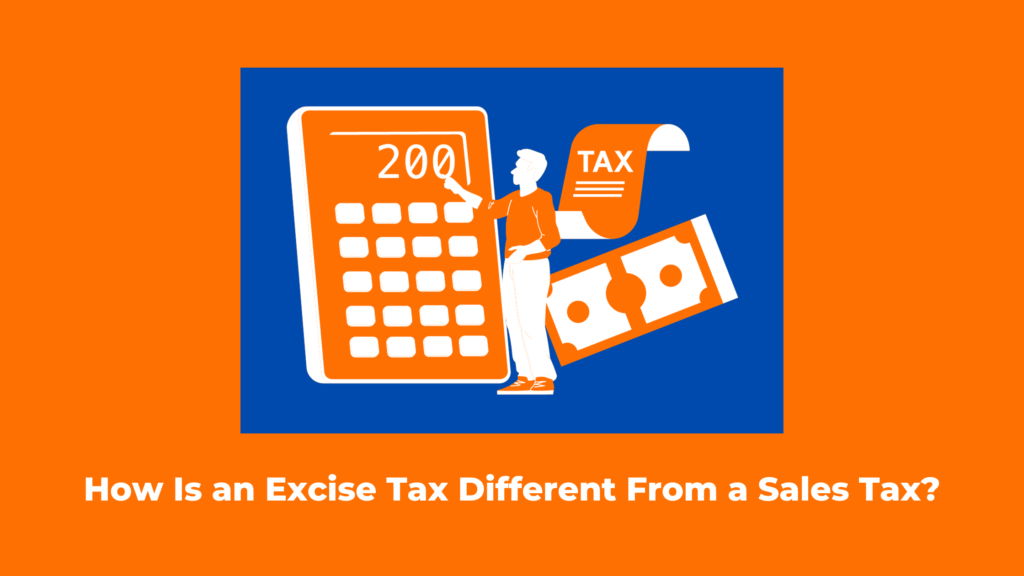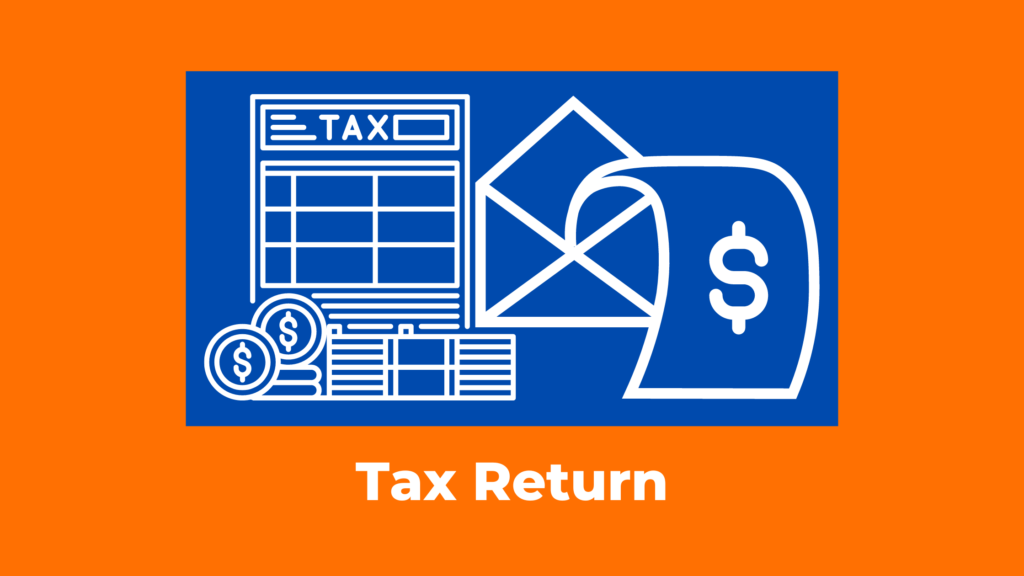Taxes are a necessary part of modern society, but they can also be confusing. Two of the most common types of taxes are sales tax and excise tax. While these two taxes are often lumped together, there are some key differences between them.
What is Sales Tax?
Sales tax is a general tax that is applied to the sale of most goods and services. It is typically collected by the retailer and then remitted to the state government. Sales tax rates vary by state, but they typically range from 5% to 10%.
What is Excise Tax?
An excise tax is a specific tax that is applied to certain goods and services, such as alcohol, tobacco, and gasoline. Excise taxes are typically levied at the federal level, but some states also impose excise taxes on certain goods and services. Excise tax rates are typically expressed as a fixed dollar amount per unit, rather than as a percentage of the sales price.
Key Differences Between Sales Tax and Excise Tax
The following table summarizes the key differences between sales tax and excise tax:
| Characteristic | Sales Tax | Excise Tax |
|---|---|---|
| Tax Base | Total sales price | Per-unit price |
| Tax Rate | Percentage | Fixed dollar amount per unit |
| Taxpayer | Consumer | Manufacturer or importer |
| Purpose | General tax to fund government services | To discourage the consumption of certain goods and services |
Examples of Excise Taxes
Some common examples of excise taxes include:
- Alcohol tax
- Tobacco tax
- Gasoline tax
- Tire tax
- Firearms tax
- Luxury goods tax
How Excise Taxes Are Used to Discourage Consumption
Excise taxes are often used to discourage the consumption of certain goods and services that are considered to be harmful or unhealthy. For example, excise taxes on alcohol and tobacco are designed to reduce smoking and drinking rates. Excise taxes on gasoline and other fossil fuels are designed to reduce greenhouse gas emissions and other environmental impacts.
Advantages and Disadvantages of Excise Taxes
Excise taxes have a number of advantages and disadvantages.
Advantages:
- Excise taxes can be used to discourage the consumption of certain goods and services that are considered to be harmful or unhealthy.
- Excise taxes can generate a significant amount of revenue for governments.
- Excise taxes can be relatively easy to administer and collect.
Disadvantages:
- Excise taxes can be regressive, meaning that they disproportionately burden low-income taxpayers.
- Excise taxes can lead to higher prices for consumers.
- Excise taxes can create a black market for certain goods and services.
Examples of How Excise Taxes Are Used
Here are some examples of how excise taxes are used in practice:
- The federal government imposes an excise tax on cigarettes of $1.01 per pack. This tax is designed to discourage smoking and reduce the associated health problems.
- The federal government also imposes an excise tax on gasoline of 18.3 cents per gallon. This tax is used to fund transportation infrastructure projects, such as highways and bridges.
- Some states impose excise taxes on alcohol and tobacco in addition to the federal excise taxes. For example, the state of California imposes an excise tax of $3.30 per gallon on distilled spirits and $0.30 per pack on cigarettes.
- Some states also impose excise taxes on other goods and services, such as gambling, sugary drinks, and luxury goods. For example, the state of Washington imposes an excise tax of $0.01 per ounce on sugary drinks.
Excise Taxes and Public Health
Excise taxes on tobacco and alcohol are often used to reduce consumption of these products, which can lead to a number of health benefits. For example, studies have shown that excise taxes on cigarettes can reduce smoking rates and improve public health.
Excise Taxes and the Environment
Excise taxes on gasoline and other fossil fuels can be used to reduce greenhouse gas emissions and other environmental impacts. For example, the federal government imposes an excise tax on gasoline that is used to fund transportation infrastructure projects, such as highways and bridges, which can help to reduce traffic congestion and air pollution.
Excise Taxes and Social Justice
Excise taxes on luxury goods can be used to redistribute wealth and reduce income inequality. For example, some countries impose excise taxes on yachts, private jets, and other luxury items.
Conclusion
Excise taxes can be a useful tool for governments to discourage the consumption of certain goods and services, and to generate revenue for important public programs. However, it is important to be aware of the potential disadvantages of excise taxes, such as the fact that they can be regressive and lead to higher prices for consumers.
When designing excise taxes, policymakers should carefully consider the potential impacts on public health, the environment, and social justice. Excise taxes can be used to achieve a variety of policy goals, but it is important to use them in a way that is fair and equitable.
In addition to the advantages and disadvantages mentioned above, excise taxes can also have a number of other potential impacts. For example, excise taxes can lead to innovation in the development of new products and services that are less harmful or have a smaller environmental impact. Excise taxes can also affect the competitiveness of certain industries and sectors of the economy.
Overall, excise taxes are a complex and nuanced topic. It is important to weigh the potential benefits and drawbacks of excise taxes carefully before implementing them.
FAQs
What is the difference between sales tax and excise duty?
- Sales Tax: Levied on final sale of goods and services to consumers; paid by consumers; collected at the point of sale; rates vary by jurisdiction.
- Excise Duty: Imposed during production or importation of specific goods or services; paid by manufacturers, producers, or importers; product-specific rates; examples include alcohol and tobacco.
What is the relationship between excise duty and sales tax?
- Both are forms of taxation contributing to government revenue.
- They target different stages of the supply chain and different types of products/services.
- Excise duty applies earlier (production or import), while sales tax applies at the final consumer purchase.
Is sales tax excise duty?
- No, sales tax and excise duty are distinct tax types.
- Sales tax applies to final consumer purchases.
- Excise duty is imposed earlier, during production or importation, paid by manufacturers, producers, or importers.
What is the difference between excise duty and sales tax in tabular form?
| Aspect | Excise Duty | Sales Tax |
|---|---|---|
| Taxed Stage | Production or importation | Final consumer purchase |
| Taxpayer | Manufacturers, producers, or importers | Consumers |
| Tax Calculation | Product-specific rates | Percentage of purchase price |
| Collection Point | During production or import | Point of consumer purchase |
| Rate Variation | Product-specific | Varies by jurisdiction and exemptions |
| Examples of Taxed Goods | Alcohol, tobacco, specific goods/services | Most goods and services |

Pardeep is the founder and editor of Small Investment Ideas. He believes that everyone can change their life with the help of small investments and achieve financial freedom.


